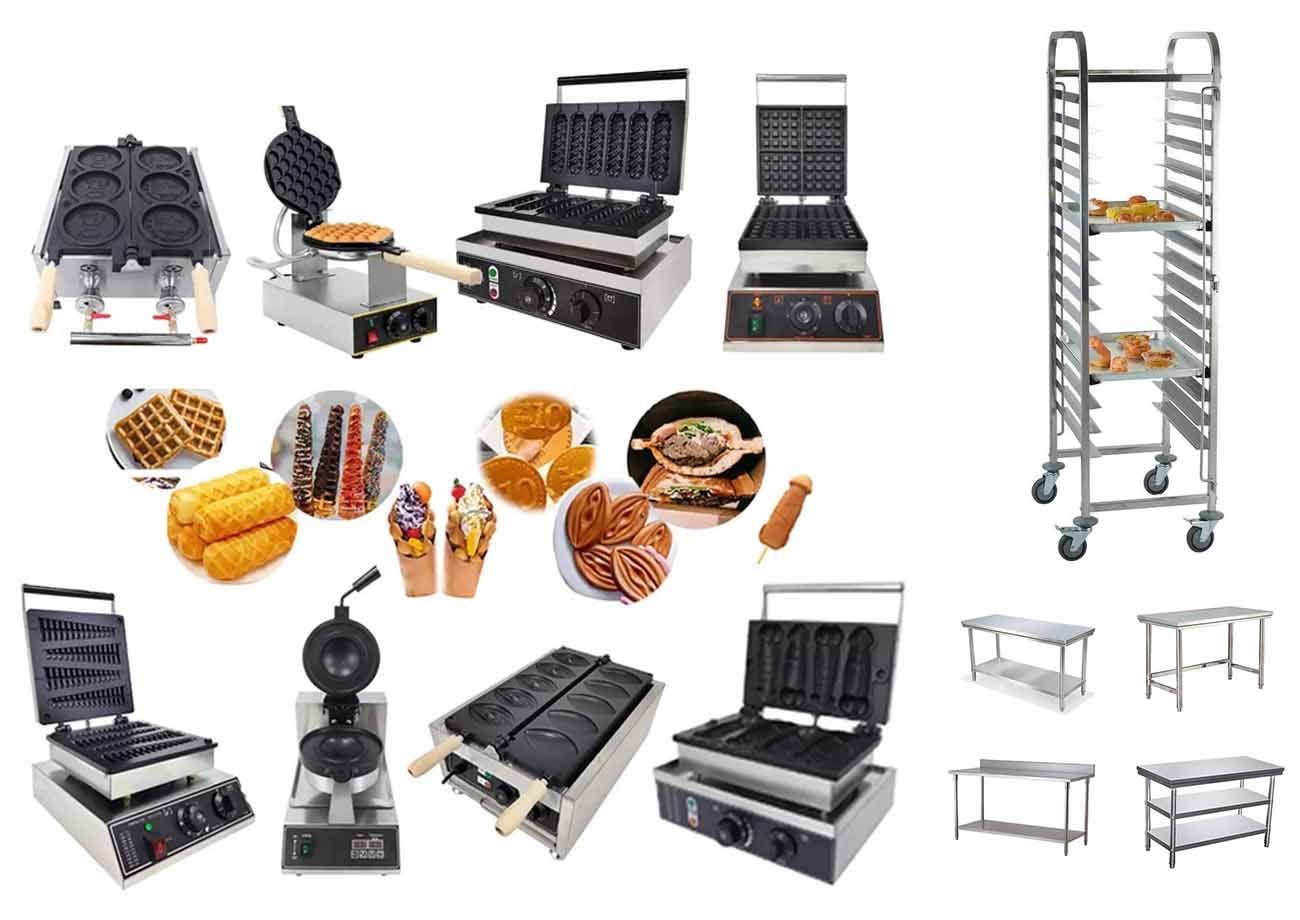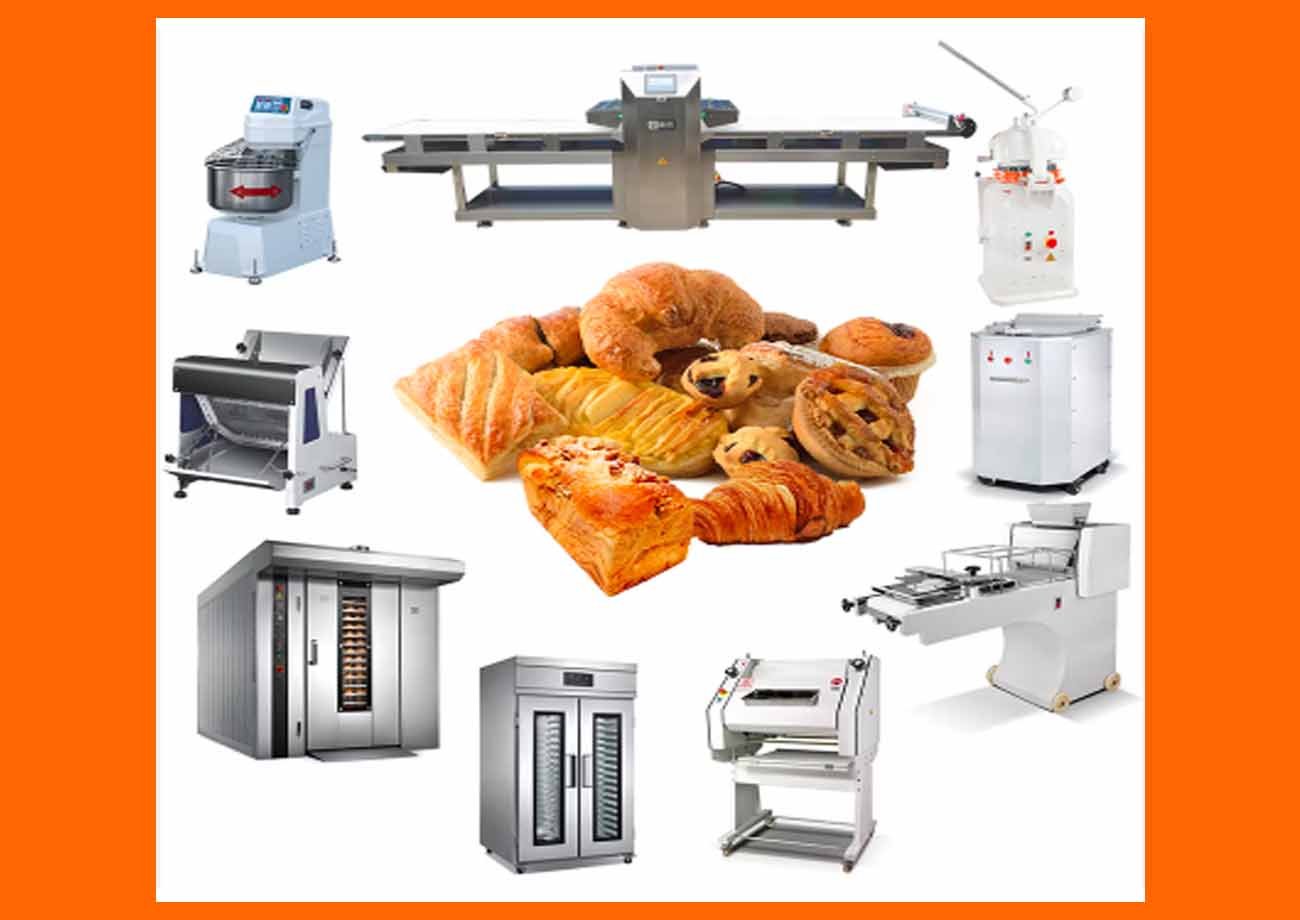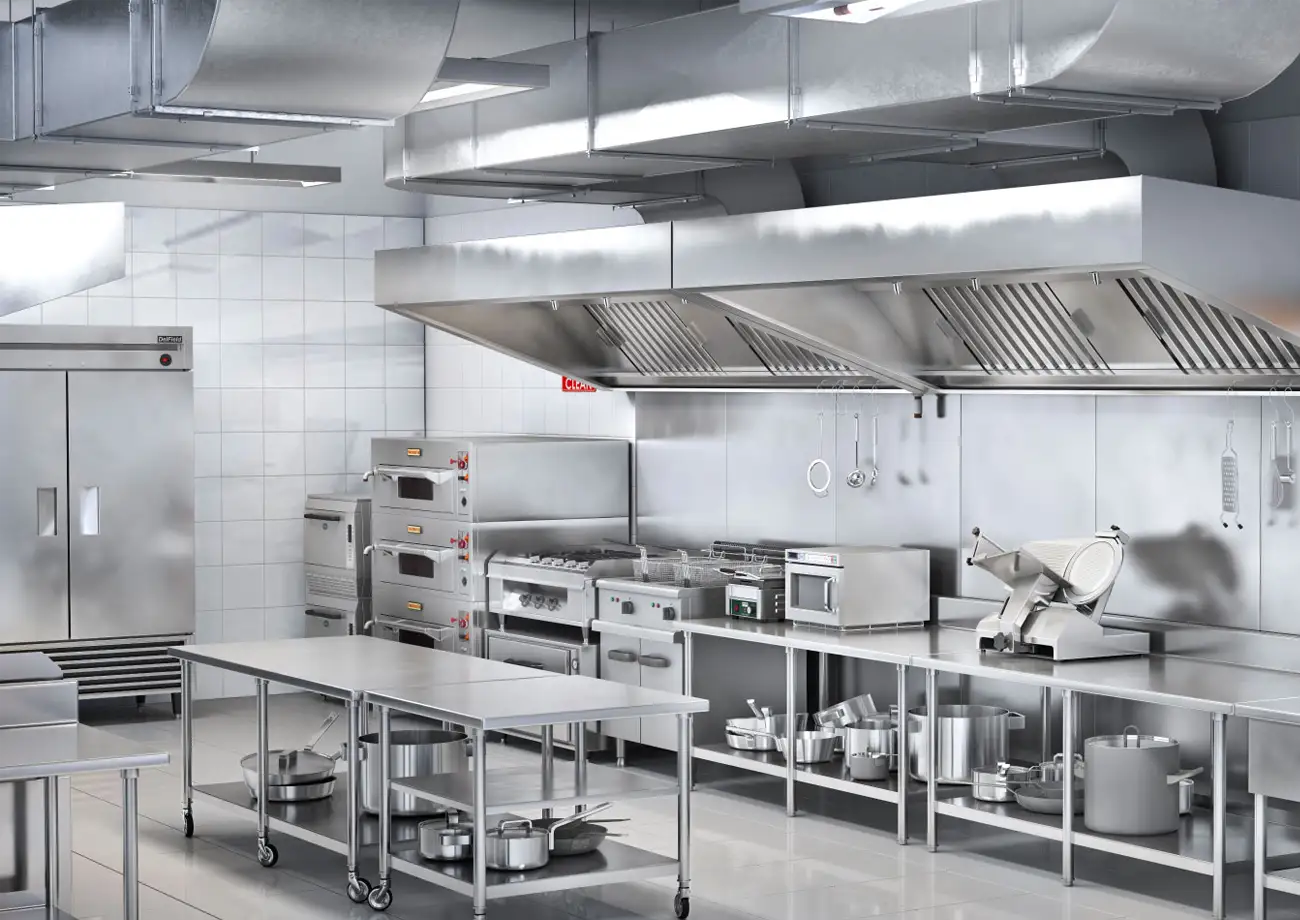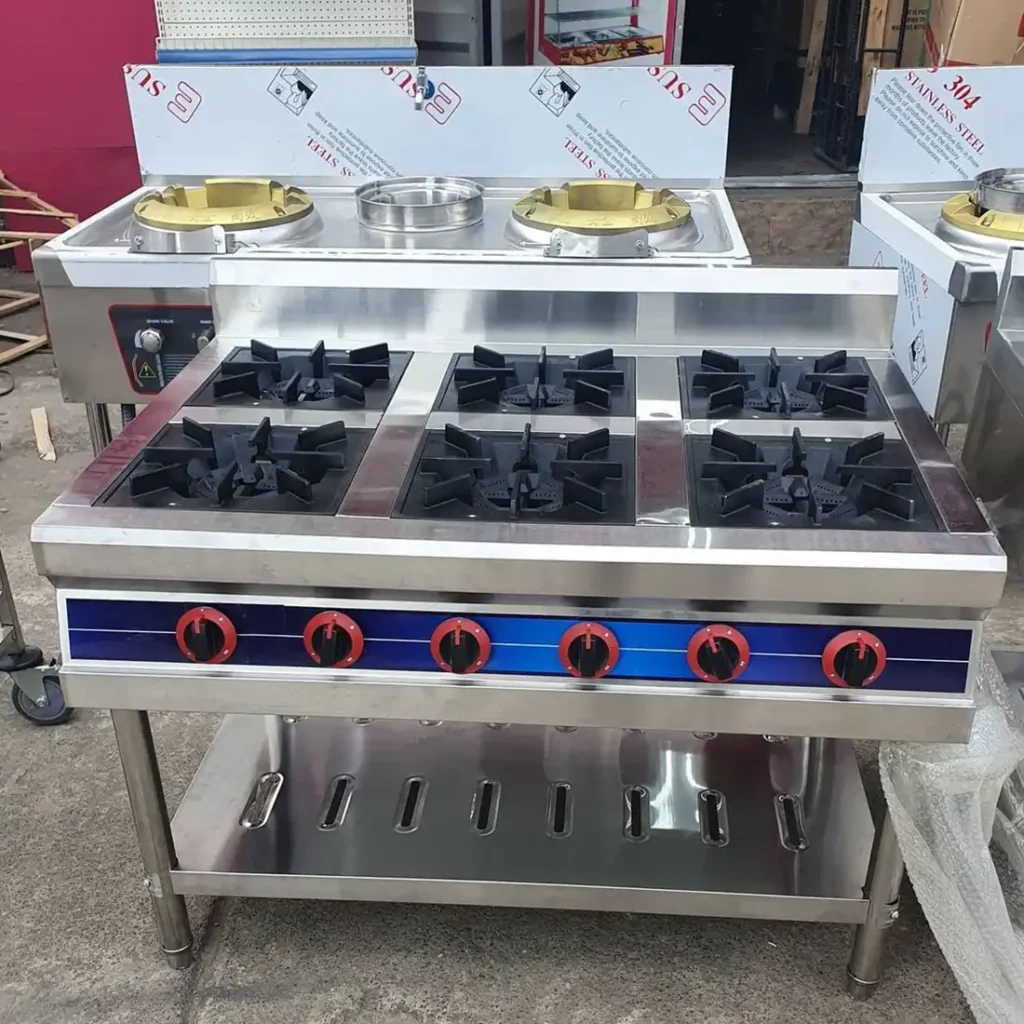Top Restaurants and Catering Equipment in Nigeria (2025): Buyer’s Guide & Expert Tips
Introduction
The food service industry in Nigeria is growing rapidly, driven by urbanization, tourism, and increasing consumer demand for dining out. Whether you’re setting up a restaurant, fast food outlet, or launching a catering business, investing in the right equipment is critical to ensuring efficiency, food quality, and business success.
This guide covers the must-have restaurant and catering equipment in Nigeria, pricing, purchasing tips, and where to buy them in 2025.
Why Quality Equipment Matters
Using reliable and durable equipment helps reduce downtime, speed up kitchen operations, and meet food safety standards. In Nigeria’s competitive hospitality sector, quality tools are essential to delivering top-notch service and staying profitable.
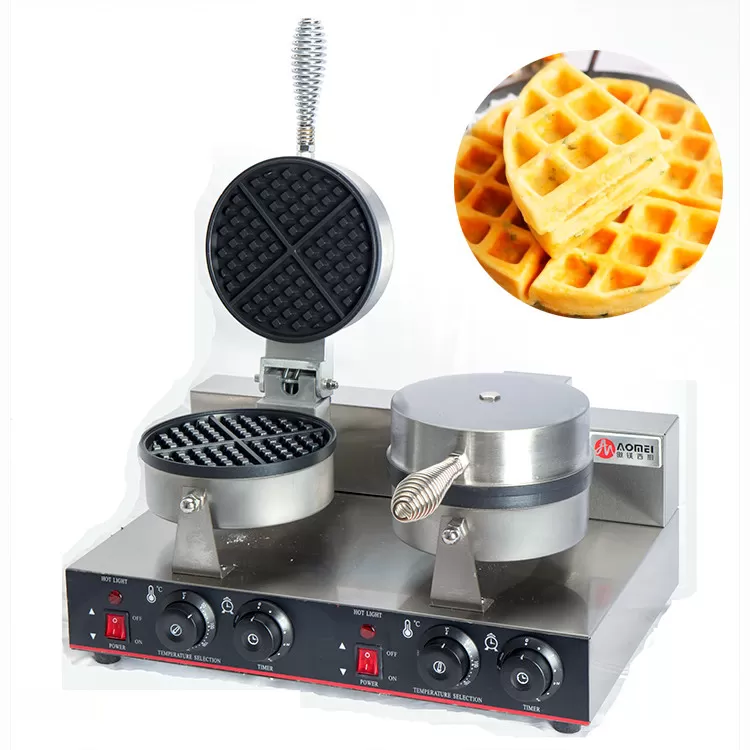
Essential Restaurant and Catering Equipment
1. Cooking Equipment
- Gas/Electric Ranges: Core appliances for cooking soups, sauces, and frying.
- Deep Fryers: Perfect for chips, chicken, and small chops.
- Charcoal or Gas Grills: Used for grills, shawarma, suya, and BBQ meals.
- Microwaves & Salamanders: For reheating and quick grilling or melting.
2. Food Preparation Equipment
- Food Processors: Speeds up chopping, slicing, and grating.
- Blenders & Mixers: Ideal for smoothies, soups, sauces, and dough.
- Meat Mincers and Cutters: Essential for meat processing in catering.
3. Refrigeration Equipment
- Deep Freezers & Display Chillers: For preserving meat, fish, and perishables.
- Upright Refrigerators: Store prepared items in a hygienic way.
- Cold Rooms (for large operations): Store bulk supplies.
4. Storage and Shelving
- Stainless Steel Racks: For dry goods and kitchen tools.
- Ingredient Bins: Keeps spices and bulk items organized.
5. Serving & Display Units
- Hot Food Warmers/Bain Marie: Keeps food warm for serving.
- Chafing Dishes: Used in buffets and outdoor catering.
- Display Counters: Showcases food and drives impulse sales.
6. Dishwashing Equipment
- Commercial Dishwashers: Saves water and speeds up cleaning.
- Double Bowl Sinks: For washing and sanitizing utensils manually.
7. Utensils and Accessories
- Pots, pans, knives, trays, cutting boards, thermometers, tongs, spoons, etc.
8. Generators and Inverters
Power reliability is a big issue in Nigeria. Investing in backup power sources is non-negotiable.
Top Brands & Suppliers in Nigeria
- Locally Trusted Brands: Akai, Scanfrost, Haier Thermocool
- Commercial Grade Equipment: Hobart, Vulcan, Henny Penny (mostly imported)
- Suppliers:
- BeverageNG – Specialized in foodservice equipment
- Deluxe Nigeria
- Jumia/Konga Business
- Local markets in Lagos, Onitsha, Aba
Estimated Prices for Key Restaurant and Catering Equipment (2025)
| Equipment | Price Range (₦) |
|---|---|
| Gas Cooker with Oven | ₦150,000 – ₦800,000 |
| Deep Fryer (2-tank) | ₦180,000 – ₦600,000 |
| Food Processor | ₦120,000 – ₦400,000 |
| Deep Freezer (300L) | ₦350,000 – ₦800,000 |
| Chafing Dishes (per unit) | ₦18,000 – ₦50,000 |
| Display Counter | ₦250,000 – ₦1,500,000 |
| Generator (3-5KVA) | ₦300,000 – ₦700,000 |
Tips for Buying Catering Equipment in Nigeria
Plan Your Menu First: Know what dishes you’ll be preparing to choose the right tools.
- Buy Energy-Efficient Models: Saves costs in the long run, especially for refrigeration and cooking.
- Go for Stainless Steel Equipment: It lasts longer, resists rust, and meets hygiene standards.
- Test Before You Buy: Always check equipment functionality or ask for a demonstration.
- Check for Warranty and Support: Choose suppliers with local service centers.
FAQs
Q1: What is the best equipment for starting a small catering business in Nigeria?
A: Start with basic tools—gas burner, deep fryer, food warmer, coolers, and chafing dishes. Expand as your jobs grow.
Q2: Where can I find durable restaurant equipment in Nigeria?
A: Lagos, Port Harcourt, and Abuja have large markets. Also, check online vendors like beverageng.com and Jumia Business.
Q3: Can I buy second-hand catering equipment in Nigeria?
A: Yes, especially in markets like Alaba International or online platforms. Just ensure you test for durability.
Q4: How do I maintain my catering equipment?
A: Regular cleaning, proper storage, and using original spare parts prolongs equipment life.
ConclusionThe success of any restaurant or catering business heavily relies on the equipment you choose. In Nigeria, with its unique power and economic challenges, it’s important to invest wisely. Choose durable, efficient, and affordable tools from trusted suppliers to ensure your kitchen or mobile setup runs smoothly.
Starting small is okay—as long as you invest in equipment that meets your needs and can scale with you.

